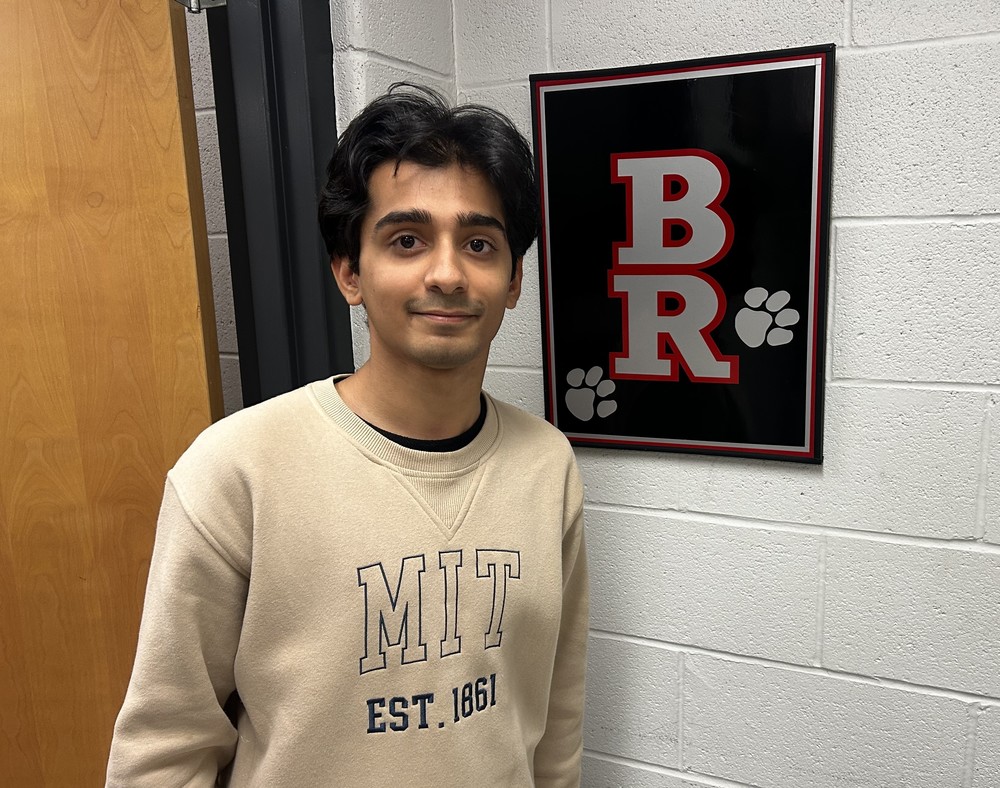Soham Chausalkar dug into the workings of Artificial Intelligence (AI).
And he struck gold.
To better understand how AI operates—and how it can be improved—Soham, a senior at Bridgewater-Raritan High School, began a long-distance research project.
“For the past seven months, I have been conducting original research in collaboration with a PhD student from Texas A&M University on creating fair and ethical AI models in the world of education,” Soham reported.
How did he connect with a student from a college in Texas?
“I emailed about 30 to 40 PhD students and professors from colleges across the country and I was able to join up with Texas A&M.”
Soham explained his research.
“Specifically, in the past few years, the role of Artificial Intelligence has proliferated into our society; however, it is far from perfect,” he stated. “ To examine its limitations, I identified how AI models can unintentionally favor or disadvantage students along demographic factors, such as race or ethnicity, thereby risking a deepening of existing educational inequalities.”
Soham produced an answer.
“ To address this flaw, we implemented bias-mitigation algorithms and reduced the AI tutor’s unfairness by a staggering 96 percent, demonstrating that fairness and strong model performance can coexist within an AI tutoring system.”
He then presented his results at the Massachusetts Institute of Technology in Cambridge on October 10-12.
“I presented our findings at MIT’s prestigious IEEE Undergraduate Research Technology Conference (URTC), where I shared my work with a panel of professors and student researchers from across the world,” he said.
Soham was pleased with his opportunity to share his research and to proudly show off his high school.
“It was a meaningful experience to represent Bridgewater-Raritan High School on a national stage and to contribute to the growing discussion around ethics and fairness in Artificial Intelligence," said Soham, who plans to study Computer Science once he decides on his college.
Soham concluded that his work is not yet done.
“In the future, I aim to keep improving AI tutoring models that treat every student fairly and hope to someday scale educational tools to real classrooms”.

